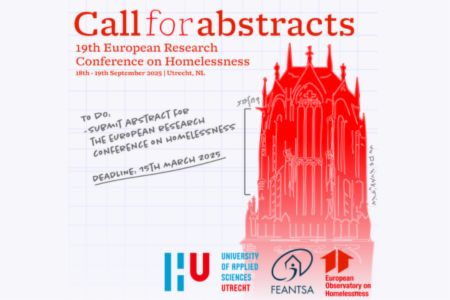
European Testing Week Support
Autumn 2024
Download the statement here
European Testing Week[1] is a biannual campaign calling on the European Community to increase testing efforts and promote awareness of the benefits of earlier hepatitis and HIV diagnosis. The campaign aims to ensure more people are informed about their risks, understand that there is effective treatment available, and are aware of their HIV and/or hepatitis status. Since its initiation, more than 700 institutions and organizations have participated in the campaign.
In the latest theme statement from European Testing Week[2], a concerning issue is highlighted: many people living with viral hepatitis and HIV remain undiagnosed or only learn of their status in the later stages of infection. According to the WHO European Regional Office, 17% of people with HIV remain undiagnosed, and 51% are diagnosed at a late stage. For hepatitis, 71% of people with hepatitis C (HCV) and 84% of people with hepatitis B (HBV) remain undiagnosed.
This presents a significant public health challenge due to increased transmission risks and severe impacts on individuals' health and well-being. With early diagnosis and treatment, people living with HIV or hepatitis B today can achieve long, healthy lives when treated promptly, and those with hepatitis C can be fully cured.
Ahead of this campaign, FEANTSA emphasises the crucial link between homelessness and health inequalities, with a focus on HIV and hepatitis. People experiencing homelessness face numerous barriers to accessing testing and treatment for HIV and hepatitis, which contributes to poorer health outcomes and, in some cases, higher mortality rates. Homelessness or inadequate, unstable housing poses a higher risk of HIV and HCV acquisition, especially for people who inject drugs.[3]
FEANTSA raises awareness of how social and structural factors - including criminalisation, discrimination, stigma, violence, and social and economic marginalisation - heighten the risk of HIV and hepatitis transmission and lead to worse health outcomes when diagnoses are delayed. Thus, it is essential to provide tailored services for people experiencing homelessness, such as outreach testing, particularly through peer support from those with lived experience, alongside harm reduction services. Reducing barriers to treatment and healthcare services is critical to ensure that testing and treatment for HIV and/or Hepatitis are available for people experiencing homelessness.
#EuroTestWeek #TestTreatPrevent
[1] https://www.testingweek.eu/
[2] European Testing Week (Autumm, 2024). Theme Statement: The role of healthcare providers in increasing testing for HIV, viral hepatitis and sexually transmitted infections, and ensuring linkage to care.
[3] Arum, C., Fraser, H., Artenie, A. A., Bivegete, S., Trickey, A., Alary, M., Astemborski, J., Iversen, J., Lim, A. G., MacGregor, L., Morris, M., Ong, J. J., Platt, L., Sack-Davis, R., van Santen, D. K., Solomon, S. S., Sypsa, V., Valencia, J., Van Den Boom, W., & Walker, J. G. (2021). Homelessness, unstable housing, and risk of HIV and hepatitis C virus acquisition among people who inject drugs: a systematic review and meta-analysis. The Lancet Public Health, 6(5), e309–e323. https://doi.org/10.1016/s2468-2667(21)00013-x





